When You Feel Like You’re The Only Outsider In The Community, Do These 2 Things
How To Bloom Right When You're The Only Rare Flower In Town
When you feel left out, invite yourself in.
According to the latest statistics, there are just a little over 2.5 million foreigners currently residing in Japan. Although this may seem a significant number, perhaps it loses its weight when compared to the colossal 127.1 million of the country’s entire population. Naturally, the native people of Japan heavily outweigh the foreigners. Or in other words, when living in the very rural Japanese countryside, everyone is Japanese but you.
Now, if you love the attention, that’s great news. But if you’re a sensitive gal like me, this can make your life pretty darn difficult. Especially if you’re coming from an increasingly multicultural country such as New Zealand. Why does it matter? Well, theoretically it shouldn’t, but we’re flawed human beings with a heck load of feelings and sometimes, we just can’t help but feel like a complete and utter outsider (with four legs).
My many inaka tears
I can’t speak for urban expats, but for me, being a foreigner in my incredibly rural Japanese Okayama village proposed various discomforts. For one, almost everyone openly stared (sometimes with their mouths wide open!).
In their defense, I look noticeably different: my skin is darker, my nose is longer, my hair is way curlier and my butt and thighs are bigger. Also, my mannerisms were unlike theirs. For example, my bento usually contains lots of nuts and legumes and things vegetarian — a term almost non-existent in my deer and boar-hunting village.
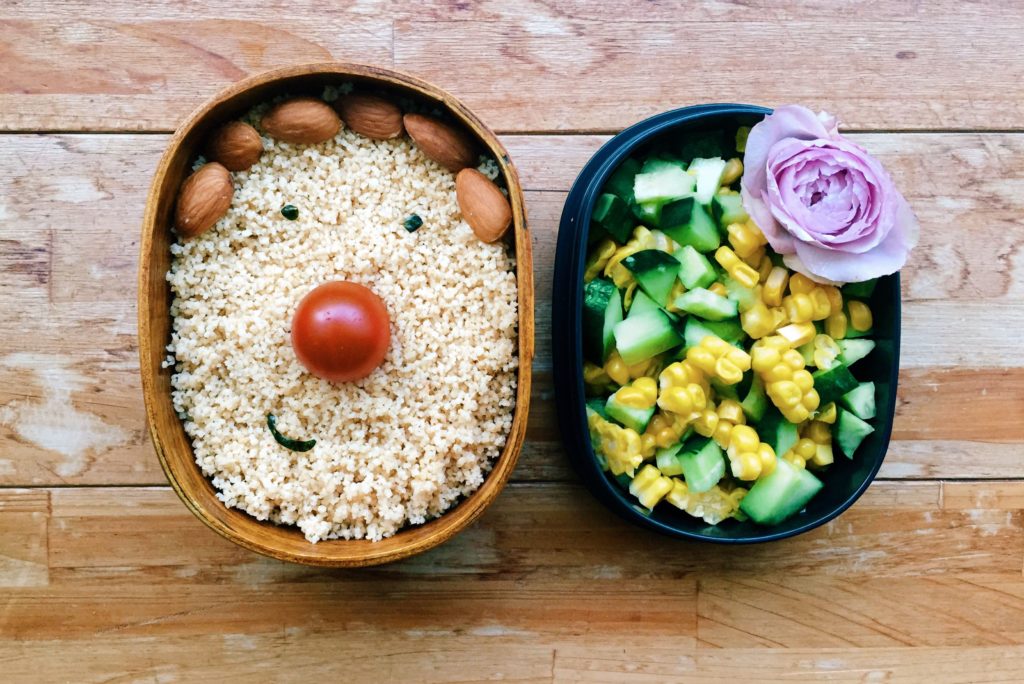
In addition, I don’t peel my persimmons, figs nor grapes; I hardly ever use an umbrella (both for sunshine and rain), I like getting a sun tan and I clock out of work when my shift ends. All of which contribute to feelings of being treated like an outsider — or at least being perceived of as one.
Don’t get me wrong, this happens everywhere. And it’s perhaps normal. Even in New Zealand, a super diverse nation, my Iranian family and I were and still occasionally are a subject to prejudice – more so when we were small-town dwellers. At school, my sister and I were the butt of “bomb” and “terrorist” jokes. Worse off was my father, a walking stereotype; a middle-eastern taxi driver with thick black facial hair.
I don’t peel my persimmons, figs nor grapes; I hardly ever use an umbrella, I like getting a sun tan and I clock out of work when my shift ends.
However, if we looked past the ignorants making the offensive comments, we’d see an Indian person, a Chinese individual and a Samoan/Tongan/Fijian/you-name-it family all sharing the same walkway which helped us feel a little less marginalized. But in my very rural very Japanese village, my tactic of adjusting to the local lifestyle was ineffective since looking outside (at others) for solace was evidently out of the question. Which was a situation that used to leave me in tears more often than not.
Learning to cope
The tears eventually brought me to the revelation that I shouldn’t be seeking solace like that in the first place. In the end, for me the way to cope came down to two obvious parallel steps.
1. Share your culture
As often as you can. Pick something from your culture – now, by that I don’t mean something from the country you’re from (though it can be) but rather something from your personal culture.
For me, that’s food!
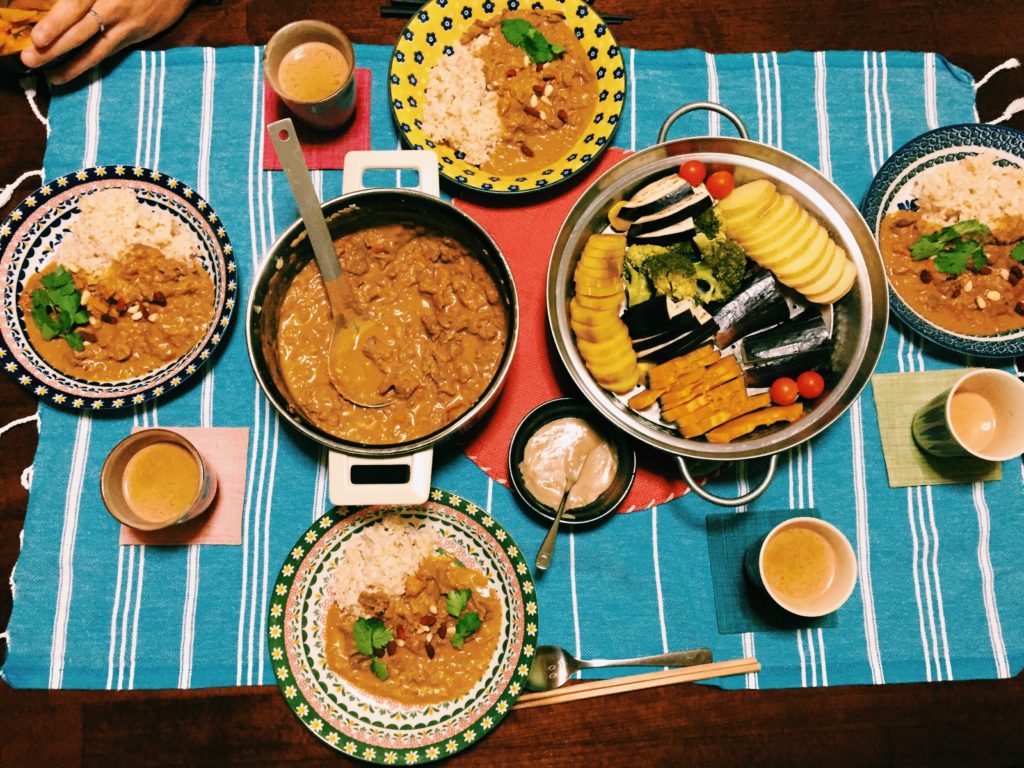
I believe there’s little in our world that can beat a good taco… or a freshly baked crumble… or my specialty: a too-pretty-to-eat smoothie bowl. So, I started by inviting one colleague over to my humble abode (trust me, asking was nerve-wracking) and making them a smoothie bowl.
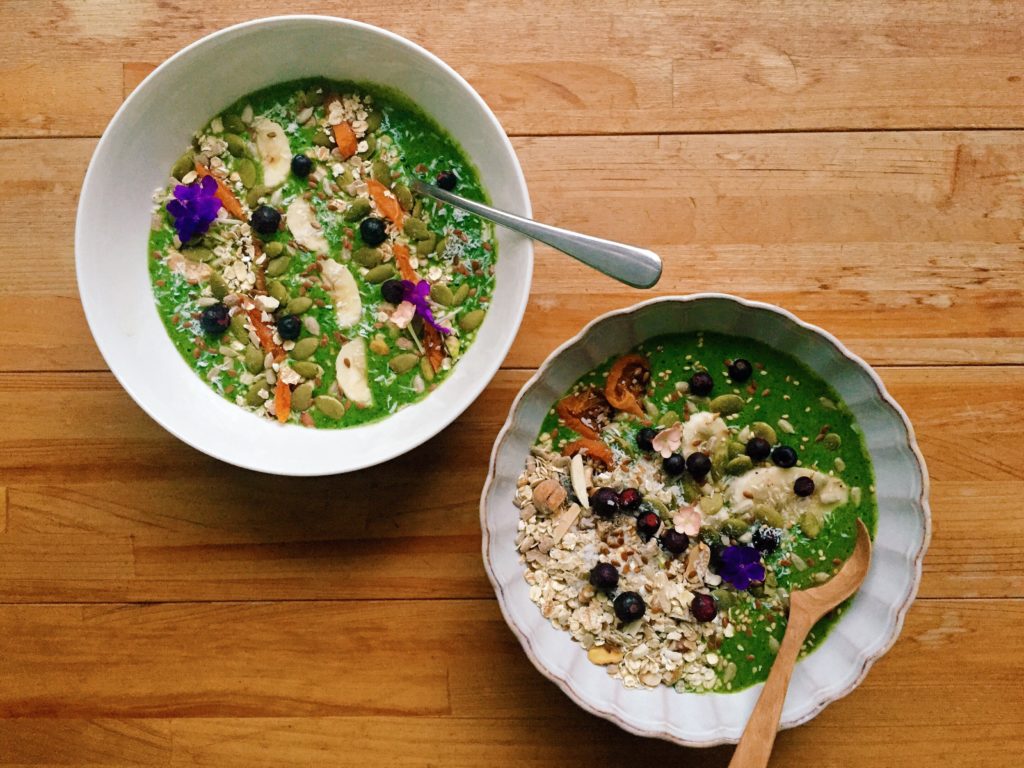
Of course, it was successful – who doesn’t appreciate a smoothie bowl?! Inevitably, word of mouth spread and in no time my colleagues and I were having a potluck, mixing and matching our favorite recipes — every week! Also, my original guest became a smoothie-bowl fanatic.
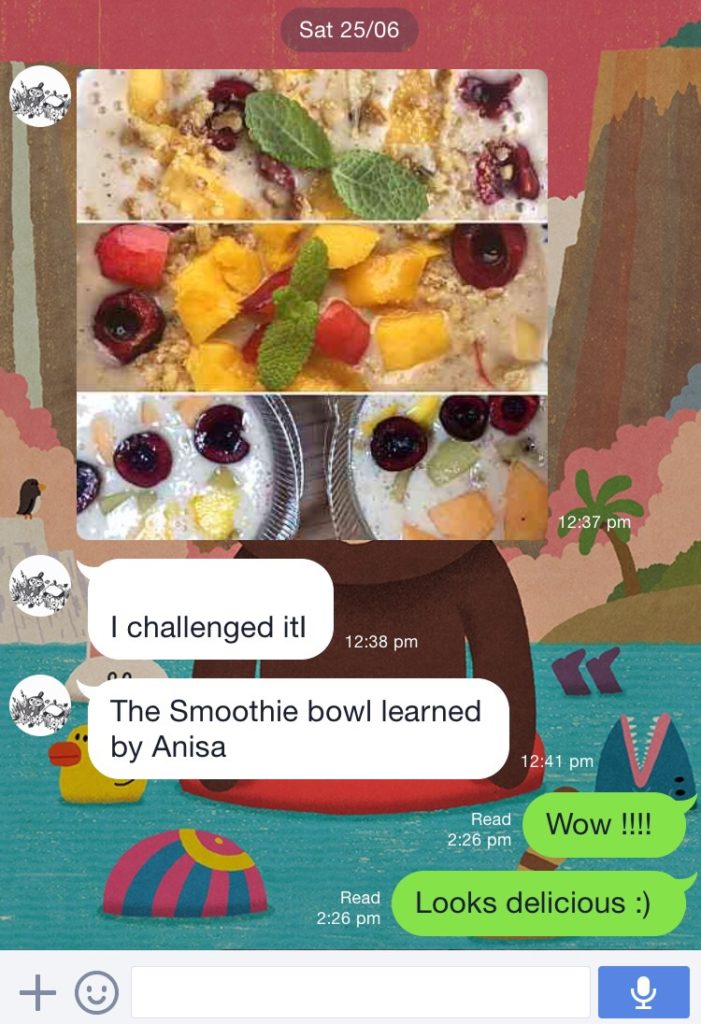
And, flash forward two years, your so-called “staring neighbor” is now staying with you in New Zealand!
2. Appreciate theirs
Don’t get me wrong, it’s not about assimilation – I’m not asking you to suddenly know how to do a perfect 45-degree bow or do everything Japanese, but merely to appreciate the unique culture of your Japanese countryside. Remember, most visitors to Japan will never encounter the incredibly rich and traditional culture you get to be a part of.
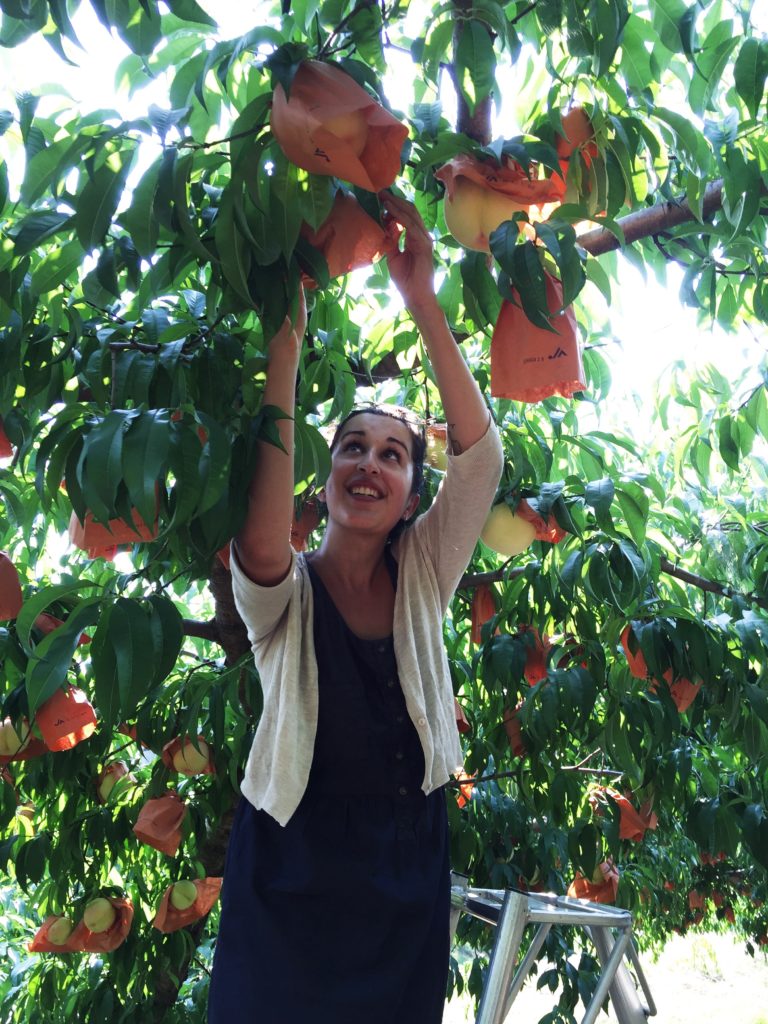
For me, that was participating in rural events such as peach picking (Okayama’s specialty), pounding mochi at Miyamoto Musashi’s festival and attempting the beautiful yet surprisingly difficult art of pottery.
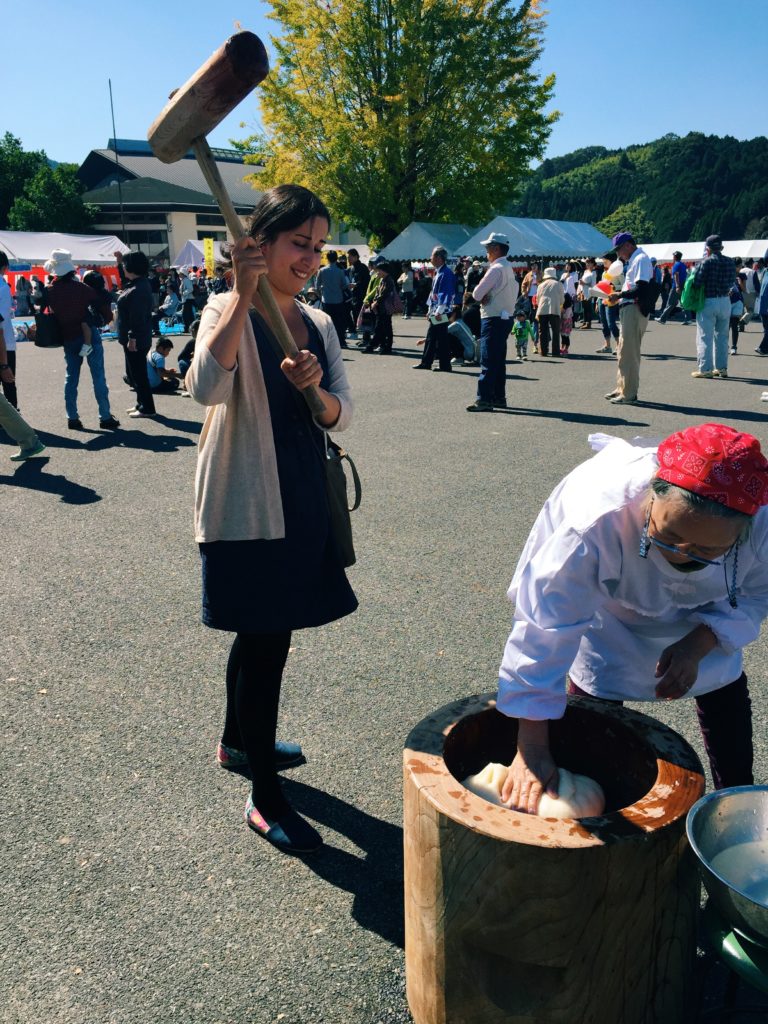
If I interpret the unfriendly stares of my neighbors or one colleague’s snarky comments when I ate a raw capsicum as a treatment I am only receiving because of my “foreignness,” then I myself am actively contributing to the problem. For what am I to make of the endless love and generosity showered upon me by members of the same race?
There’s no big difference when you dream alike
In her novel Change of Heart, Jodi Picoult says: “When you’re different, sometimes you don’t see the millions of people who accept you for what you are. All you notice is the person who doesn’t.” This is a profound statement that sometimes takes longer to realize how true it is. It suggests that unity is, in fact, a conscious decision.
However, I want to take Picoult’s idea a step further.
Apart from our physical features and man-made nationalities, are we actually that different? How often have you met someone from a completely different walk of life that shares your same hopes, dreams, worries or interests? Heck, my American fiancé and I are the living proof of this.
Unity is, in fact, a conscious decision.
My new realization is this: if we stop viewing ourselves as different from one another we obliterate the idea of difference, of foreignness and instead come to believe that we are all, in Bahá’u’lláh’s words, “the fruits of one tree, and the leaves of one branch” then no matter how alien we are in our appearance and in our behavior, we see a little part of ourselves in one another, becoming less sensitive to prejudice and helping eradicate it.
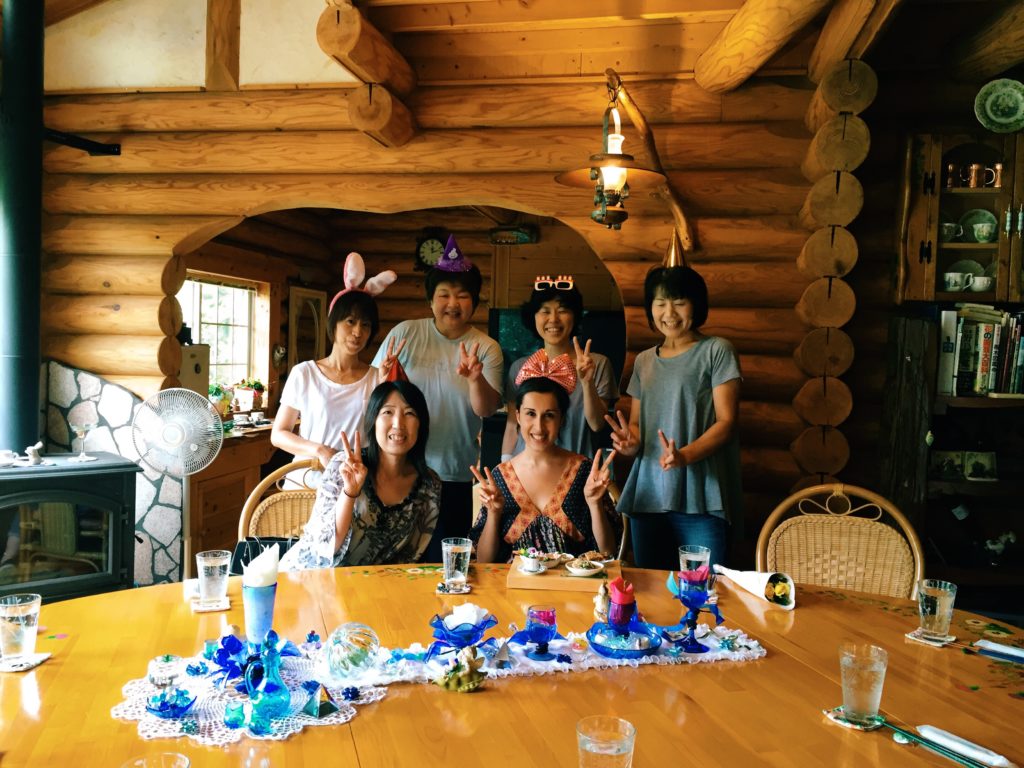
Above is a photo of the time my gorgeous Japanese colleagues, dwellers of the same rural village, threw me a surprise ladies luncheon for my birthday. The gratefulness I felt on that day is still with me today. And if they ever come to see me here, I’d do the same for them.












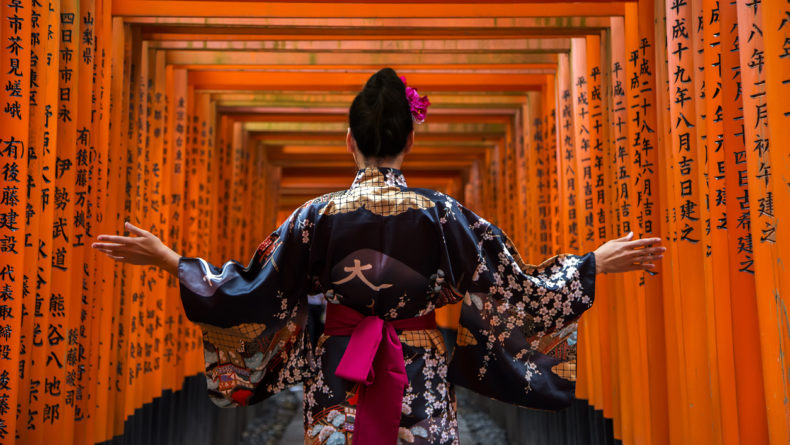
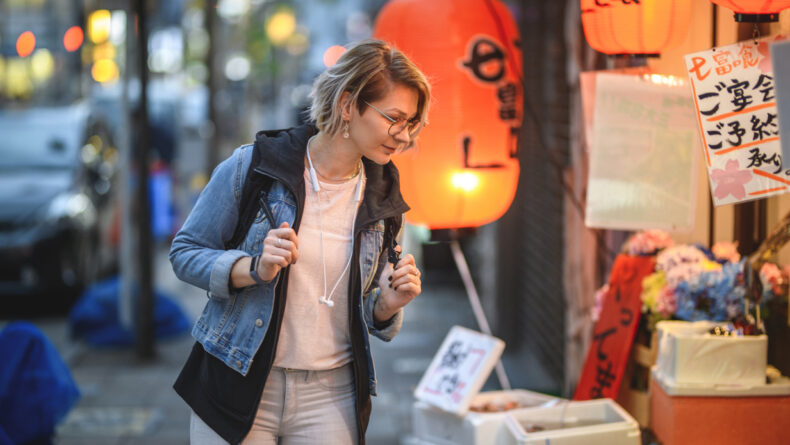
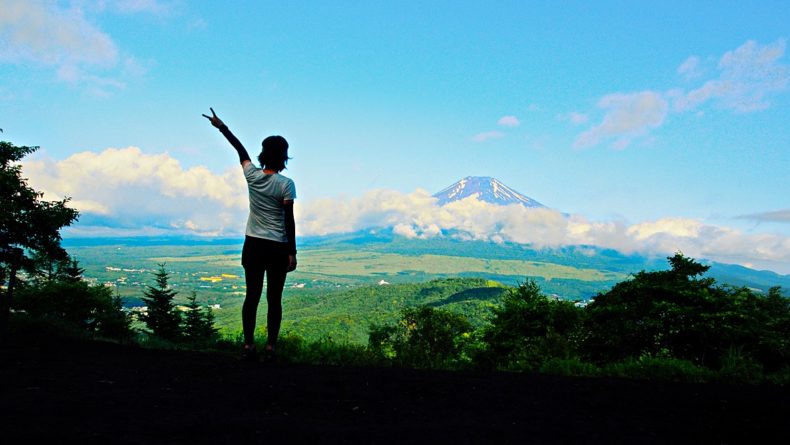

Leave a Reply